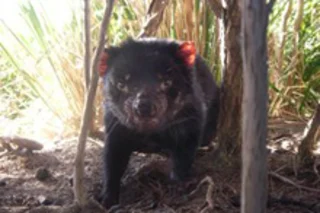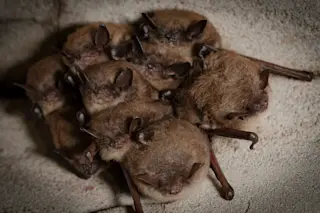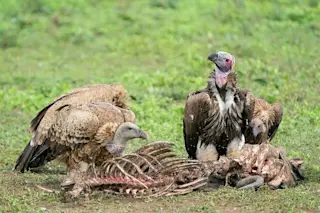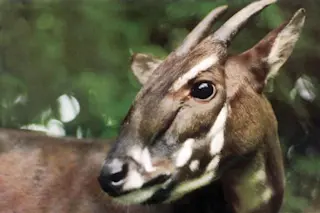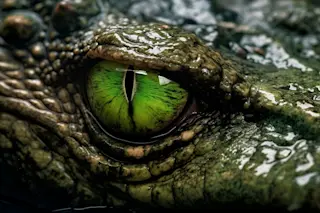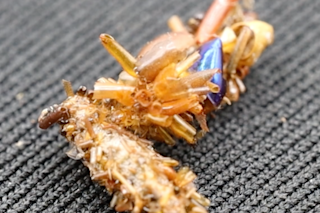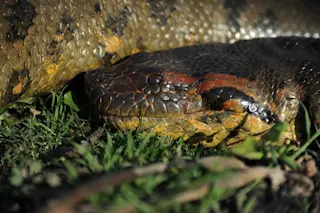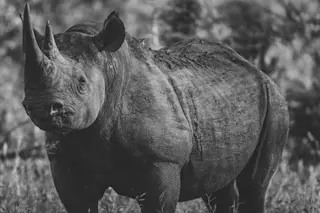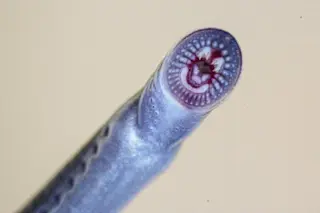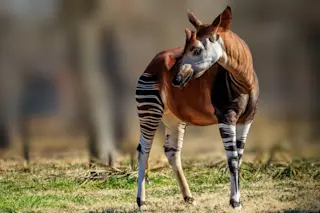Saving Tasmanian devils from the infectious cancer that has quickly rendered the small marsupials an endangered species will be an even harder than we realized, according to a new study. The latest bad news from Tasmania: Researchers have found that devils are not solitary creatures with small social networks, but instead frequently interact with other devils, allowing for faster spread of the disease. The devastating cancer, known as devil facial tumor disease, is spread by biting, something the aggressive animals apparently do a lot of.
Investigating the social behaviour of devils, which are nocturnal, forest-dwelling and mate underground is tricky [ABC Science]
, notes lead researcher Rodrigo Hamede. To get around this difficulty, Hamede outfitted 46 wild devils in a disease-free area with radio collars that recorded every time one devil approached within 12 inches of another--close enough to bite. The scientists found that
all 27 of the devils from ...


